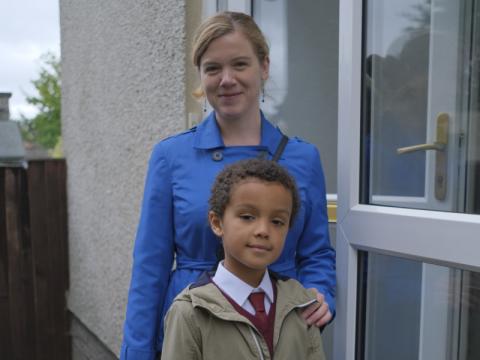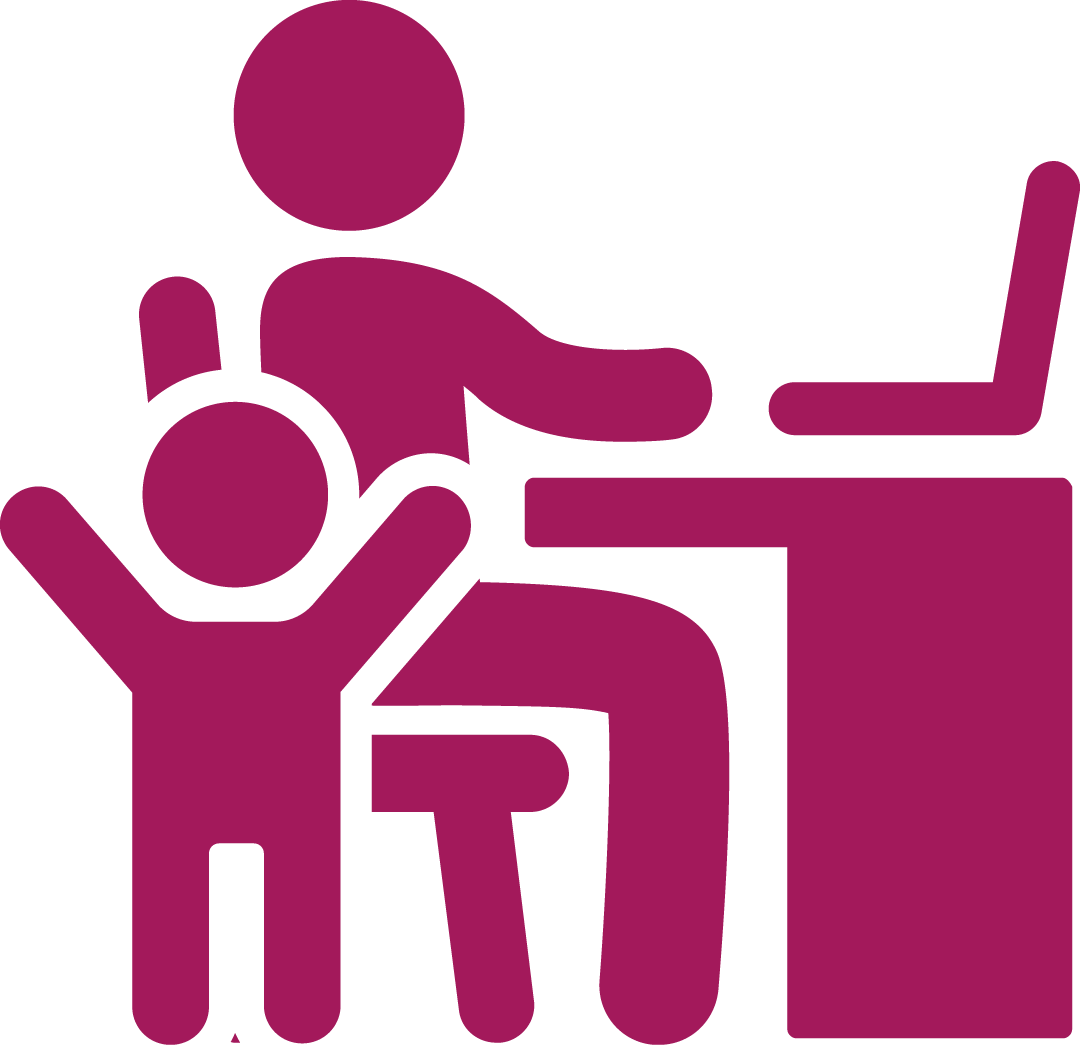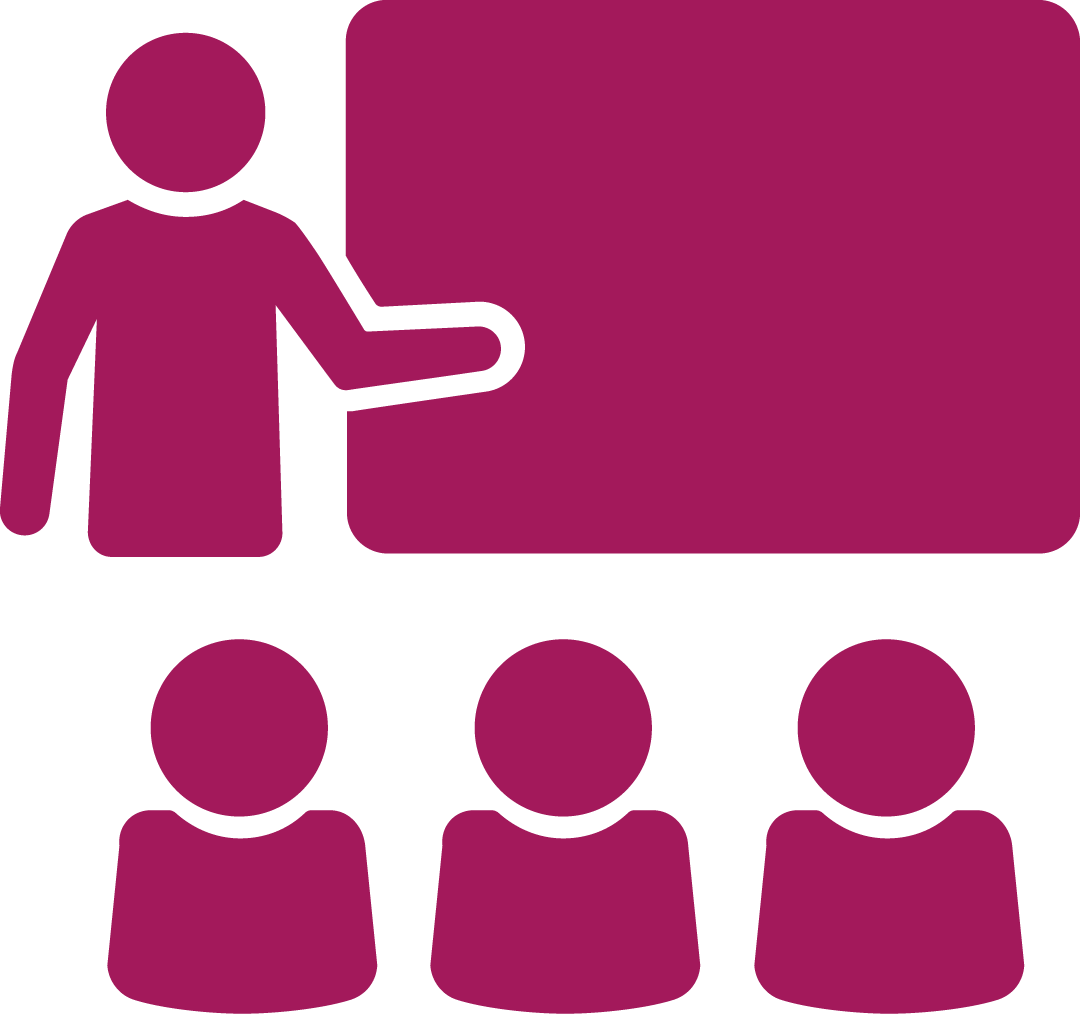If you’re in debt, you’re definitely not alone. Many of us find ourselves in debt at some point in our lives. But being in debt can be a huge weight on your shoulders, and put a strain on your relationships. Even though it’s really stressful to think about, ignoring the problem won’t make it go away, and when you’re a parent, you have enough sleepless nights without having to worry about money. Here are some things that could help.
Tips for managing debt
Tip #1: Get to know your debt
It can be really scary to see it all on paper, but try making a list of all your different debts along with the interest rate that you’re paying. Once you know who you owe and how much, you’ll be able to see more clearly your full financial position.
Tip #2: Work out which are the most important bills
Some debts are more important than others – these are called priority debts and include rent, mortgage, utility and council tax arrears. It’s important to deal with the priority debts before deciding what to do about your other debts. Once you’ve sorted those, you’ll know if you have money left to deal with the non-priority debts.
Our page on saving on rent, mortgages and council tax has more advice on how to deal with rent, mortgage and council tax arrears. You can find advice on what to do if you can't pay your utility bills on our page on saving on energy bills and the Ofgem website.
Tip #3: Remember you are not alone
It can be very stressful thinking about money and payments you need to make. Remember that asking for help is the first step towards getting rid of the worry. It might take some time, but every day is a step forward, and there are lots of organisations out there to help you.
Organisations that can help
In Scotland, there are lots of free, independent, impartial and confidential money advice services, who specialise in helping people in debt. These services are there to help, so make the most of them.
- StepChange Debt Charity Scotland provide debt advice and a range of practical solutions. They help people with their money worries through an online debt help service available 24/7 and a free helpline. They also have a free guide on how to manage with debt in Scotland.
- The Money Talk Team can provide advice on managing your money and debt.
- Advice Direct Scotland has a team of advisers who can provide support and offer solutions to a wide range of issues.
- Christians Against Poverty is a charity that focuses on the issues surrounding debt. They offer practical advice as well as emotional support for those whose debt problems are affecting their wellbeing.
- Access free support online from Citizen Advice Scotland's public advice site, including information on budgeting, what to do if you're struggling to pay your bills and dealing with debt.
- National Debtline provides free advice and resources to help you deal with your debts.
- Money Advice Scotland provides free, confidential and independent advice on how to deal with debt via webchat, WhatsApp, Facebook Messenger and email.
- If you’re worried about gambling, you can find lots of helpful information on the Citizens Advice Scotland website.
Debt solutions
You may have heard about debt solutions like the Debt Arrangement Scheme – but how do they work and how can you apply? Here’s an overview – talk to an adviser at one of the organisations listed above if you’re thinking about applying for one of these solutions.
Debt Arrangement Scheme
The Debt Arrangement Scheme (DAS) is a government-backed debt management tool which allows you to repay what you owe through a debt payment programme.
Under a debt payment programme, you repay your debts in one affordable monthly payment over any reasonable extended period of time.
To find out more about the Debt Arrangement Scheme, talk to an approved money adviser or check out the DAS Scotland website.
Trust deeds
A trust deed is a formal debt solution and form of insolvency. Trust deeds can be voluntary or protected and are provided through a trustee (such as an insolvency practitioner).
Signing a trust deed is a serious step and individuals must be sure they understand what they are signing when entering into one. You can find out more about trust deeds here.
Bankruptcy
Bankruptcy is a formal method of dealing with debts if other options have failed or are inappropriate. The consequences of bankruptcy are severe and no one should make an application for bankruptcy without being fully aware of the alternatives and seeking advice at an early stage.
In Scotland bankruptcy is sometimes called sequestration.
For information and support about bankruptcy, visit www.mygov.scot.
 Activities & Play
Activities & Play Behaviour
Behaviour Childcare
Childcare Development & Growing Up
Development & Growing Up Family, Friends & Relationships
Family, Friends & Relationships Feeding Your Baby
Feeding Your Baby Food & Eating
Food & Eating Health & Safety
Health & Safety Mental Health & Wellbeing
Mental Health & Wellbeing Money & Work
Money & Work Online Behaviour & Safety
Online Behaviour & Safety Pregnancy & First Days
Pregnancy & First Days School & Education
School & Education Sleep
Sleep










 Childcare
Childcare
 School & Education
School & Education